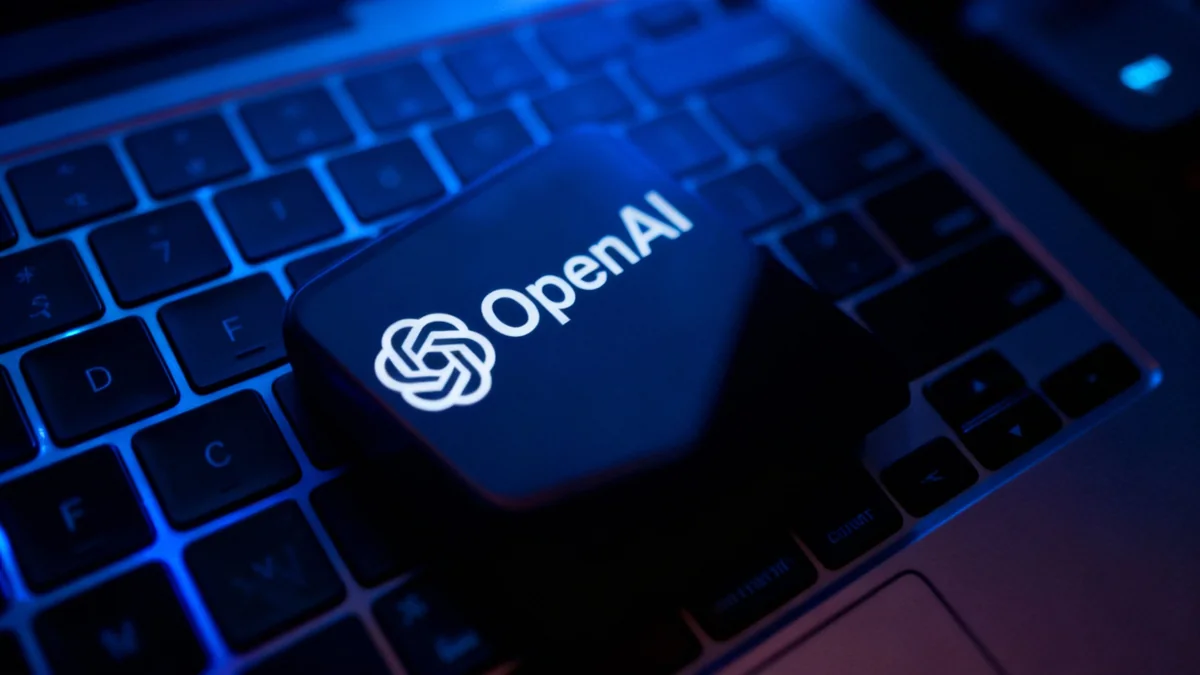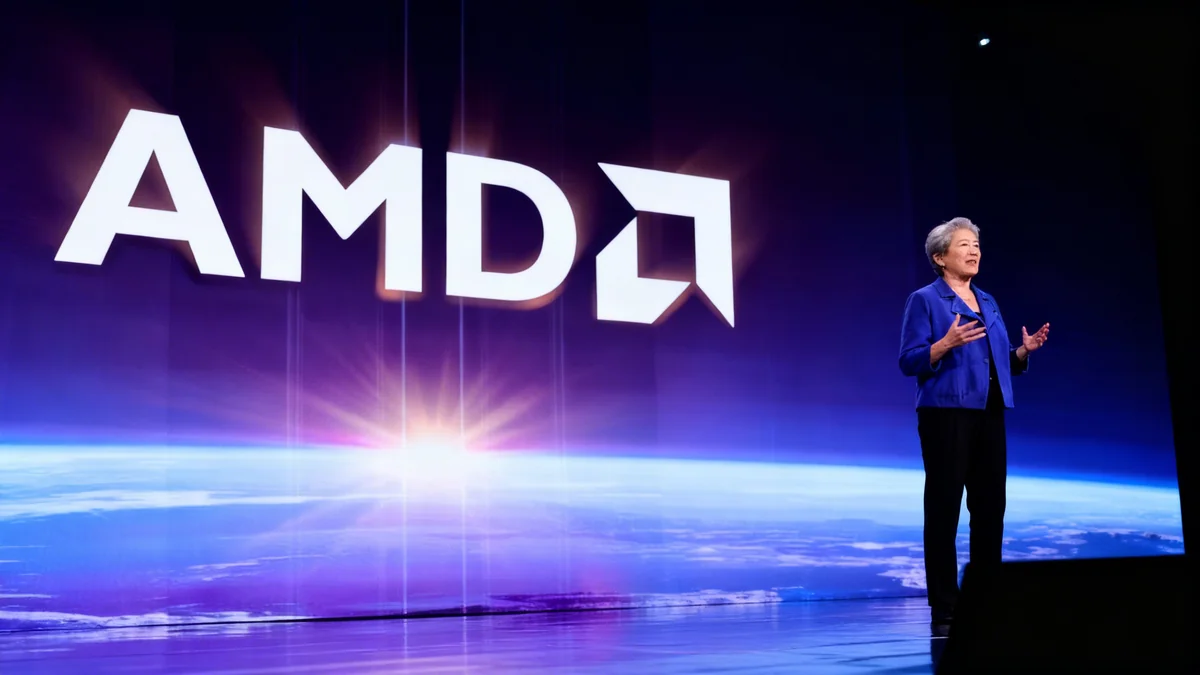OpenAI, the company behind the widely used AI tool ChatGPT, is in the early stages of preparing for an initial public offering (IPO) that could value the firm at as much as $1 trillion. The move signals a major shift for the artificial intelligence leader as it seeks massive capital to fund its ambitious growth plans.
Discussions inside the company are exploring a public listing as soon as the second half of 2026, though some internal timelines also point toward 2027. The potential offering would be one of the largest in history, reflecting the immense investor appetite for artificial intelligence technology.
Key Takeaways
- OpenAI is laying the groundwork for an IPO with a potential valuation of up to $1 trillion.
- The company is considering a public listing as early as late 2026 or into 2027.
- An IPO would provide the massive capital needed for CEO Sam Altman's AI infrastructure plans.
- The move follows a significant corporate restructuring that clarifies its relationship with its nonprofit foundation and key investor Microsoft.
Navigating the Path to Public Markets
The preparations for a public offering follow a period of intense growth and structural change at OpenAI. While the company has not made a final decision, the need for substantial funding is pushing it toward the public markets. CEO Sam Altman addressed the possibility directly during a recent livestream.
"I think it's fair to say it is the most likely path for us, given the capital needs that we'll have," Altman stated, acknowledging the financial demands of building advanced AI systems.
Internal discussions suggest the company could aim to raise $60 billion or more through an IPO. Chief Financial Officer Sarah Friar has reportedly indicated a target listing date of 2027 to some associates. However, some advisors believe market conditions could accelerate this timeline to late 2026.
An OpenAI spokesperson emphasized that an IPO is not the immediate focus. "We are building a durable business and advancing our mission so everyone benefits from AGI," the spokesperson said. Despite this, the groundwork is being laid to give the company the option to move quickly when the time is right.
A New Structure for a New Era
A significant catalyst for the IPO considerations is a recent and complex corporate restructuring. This overhaul clarifies the company's governance and its relationship with its original nonprofit parent, now called the OpenAI Foundation.
From Nonprofit to For-Profit Hybrid
OpenAI was founded in 2015 as a nonprofit research organization with a mission to ensure that artificial general intelligence (AGI) benefits all of humanity. It later introduced a capped-profit arm to attract investment. The latest restructuring further evolves this model to support its immense financial requirements while maintaining its foundational mission.
Under the new arrangement, the OpenAI Foundation holds a 26% stake in the for-profit entity, OpenAI Group. It also has a warrant for additional shares if certain milestones are met. This change formally makes the nonprofit a major financial stakeholder, aligning its mission with the company's commercial success.
The restructuring also provides more clarity for major investors, including Microsoft, which now owns approximately 27% of the company after investing a total of $13 billion. Other significant backers who stand to benefit from a successful IPO include SoftBank, Thrive Capital, and Abu Dhabi's MGX.
Fueling the AI Arms Race
The primary driver behind the potential IPO is the staggering cost of developing and deploying cutting-edge AI. Building the infrastructure for artificial general intelligence requires trillions of dollars in investment for computing power, data centers, and research.
Financial Snapshot
- Current Valuation: $500 billion
- Projected Annualized Revenue: ~$20 billion by year-end
- Potential IPO Valuation: Up to $1 trillion
- Microsoft's Investment: $13 billion for a ~27% stake
While OpenAI's revenue is growing rapidly, with an annualized run rate expected to hit $20 billion by the end of the year, its expenses are also substantial. An IPO would provide a more efficient mechanism for raising the vast sums of capital needed for its long-term goals. It would also allow OpenAI to use its public stock for large-scale acquisitions, further cementing its position in the competitive AI landscape.
Riding a Wave of AI Enthusiasm
OpenAI's potential listing comes at a time of unprecedented market excitement for AI-related companies. The public markets have shown a strong appetite for firms at the center of the AI boom.
For example, AI cloud company CoreWeave went public earlier this year at a $23 billion valuation and has seen its market value nearly triple since. In a more dramatic illustration of the trend, chipmaker Nvidia recently became the first company to reach a market capitalization of $5 trillion, driven almost entirely by demand for its AI-powering GPUs.
This market environment provides a favorable backdrop for OpenAI. A successful offering would not only validate its high valuation but also set a new benchmark for the entire artificial intelligence industry. As the company continues to advance its technology, access to public capital may be the critical ingredient to realizing its ultimate vision for AGI.





